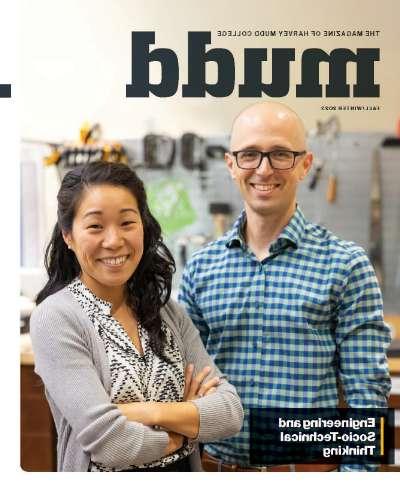Flores’s Book Champions CHamoru People
2023年11月14日
当他还是个孩子的时候, Harvey Mudd College Asian American studies professor 阿尔弗雷德·弗洛雷斯 spent a lot of time at his grandparents’ ranch in Perris, 加州. From farming practices to hospitality, Flores experienced his family’s CHamoru culture, imported by his grandparents, who had immigrated from Guåhan (Guam). 晚些时候, when Flores visited Guåhan for the first time, he was struck not only by how familiar it was, thanks to his time on his grandparents’ ranch, but also by the strong CHamoru culture, despite the island having been occupied by the U.S. 几十年的军事生涯.
在他的新书中,矛尖: Land, Labor, and U.S. Settler Militarism in Guåhan, 1944-1962 (Ithaca: Cornell University Press, 2023), Flores explores the tension in the history and relationships between the CHamoru people and the U.S. gu
Flores says the book is part of his “commitment to expanding how we understand these places in Oceania, that they’re not isolated islands that are far away. And even though Guåhan might be seen as a small place, it’s an important place when it comes to understanding American geopolitics.”
矛尖 概述了如何, as a launching site for military operations in the region during World War II and the Cold War, Guåhan became strategically significant piece of America’s overseas empire. 但, for the CHamoru people, the occupation has meant land dispossession and the importation of several thousand workers from Asia and the continental United States.
“This isn’t a book that is critiquing particular individuals,” Flores says. “It’s a critique of structures of power that are in place, that they’re embedded in laws. They’re embedded in policies that are unilateral and authoritarian. There needs to be greater understanding that when it comes to the different things that are happening there, whether it’s environmental or political. There’s a particular kind of indigenous way of life that was ongoing before the U.S. military got there, and even before the Spanish got there, that still endures today.”
